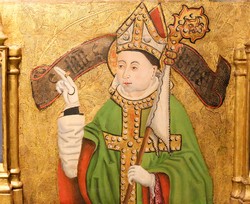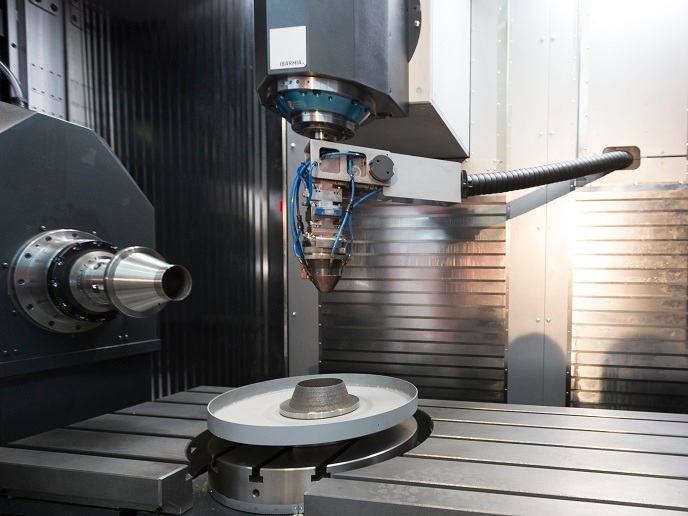Europe and the bishops' network
After the break-up of the Roman Empire, the Catholic Church maintained authority via a pan-European network of bishops. Nevertheless, the situation had changed compared to Roman times. The EU-funded ENFLAWE (Episcopal networks and fragmentation in late antique western Europe) project examined the changes. The analysis considered fragmentation of the Roman world and how episcopal networks affected European integration of the period. Researchers unconventionally argued that a particular bishop (Ambrose of Milan, 340-397) had reasonably strong authority at a regional scale. Yet, Ambrose's authority was locally diluted among a collection of other bishops. Ambrose provides a case study of how networks of the time operated. Researchers further argued that Hilary of Arles (403-449) overcame his non-aristocratic status via effective networking skills. Results illustrate the importance of episcopal networks in conflict escalation and resolution, which helped establish the Church as an institution. The team argued that conflict among bishops raised awareness of the importance of support from widespread networks, and that bishops were active in such networks. The conclusion refutes conventional assumptions of a top-down approach in construction of the Church. The study examined how actual and imaginary episcopal networks determined the identity of bishops and their communities. For instance, once Ambrose was elected bishop, he revised his family history to fit the ecclesiastical networks of northern Italy. He also exploited his ideological connection to earlier, exiled Italian bishops; doing so supported his authority locally and beyond. Another bishop of northern Gaul used relics to establish his membership of an episcopal group. The bishop advocated a connection to an imperial centre in Milan in preference to local orientation. Lastly, the research demonstrated the importance of certain peripheral bishops who acted as hubs and gateways, connecting various European networks. ENFLAWE yielded six peer-reviewed publications about post-Roman episcopal networks. The work not only advanced understanding of the period, it also led to invitations for collaboration with other teams.







